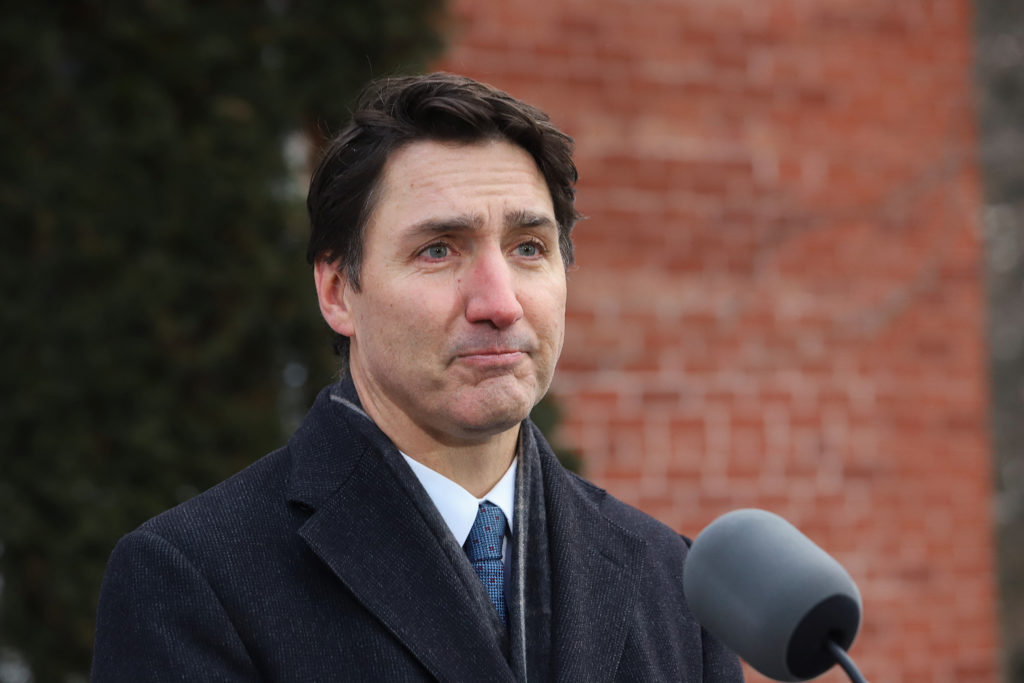Canadian Prime Minister Justin Trudeau has announced he will step down, ending his nine-year tenure as the country’s leader amid growing pressure from his own party. Trudeau said he would remain in office until the Liberal Party selects a new leader, with Parliament set to be prorogued—suspended—until March 24.
In a press conference on Monday, Trudeau explained that internal party challenges had made it clear he could no longer be the best option in the next federal election. “This country deserves a real choice in the next election, and it has become clear to me that if I’m having to fight internal battles, I cannot be the best option in that election,” he said.
Trudeau’s personal unpopularity had become a growing issue for his party ahead of the upcoming federal elections. The prime minister shared the news with his family the night before, telling reporters in Ottawa, “Last night, over dinner, I told my kids about the decision that I’m sharing with you today.”
He added, “I intend to resign as party leader, as prime minister, after the party selects its next leader through a robust nationwide competitive process.”
Liberal Party President Sachit Mehra said a meeting of the party’s board of directors would take place this week to begin the leadership selection process. In a statement, Mehra expressed gratitude for Trudeau’s leadership, calling it “transformational” for Canada. He highlighted policies like the Canada Child Benefit and the introduction of dental care and pharmacare coverage for some medications.
Conservative Party leader Pierre Poilievre responded to Trudeau’s resignation by dismissing any meaningful change. “Nothing has changed,” Poilievre said. “Every Liberal MP and leadership contender supported EVERYTHING Trudeau did for 9 years, and now they want to trick voters by swapping in another Liberal face to keep ripping off Canadians for another 4 years, just like Justin,” Poilievre wrote on X.
Trudeau, 53, had faced growing calls to resign from within his own party, intensifying in December following the abrupt resignation of Deputy Prime Minister Chrystia Freeland. Freeland’s resignation letter cited US President-elect Donald Trump’s threats of tariffs on Canadian goods and criticized Trudeau for not addressing the “grave challenge” posed by Trump’s trade proposals.
Trump had threatened a 25% tariff on imported Canadian goods, a move economists warned could severely harm Canada’s economy, unless Canada took steps to increase security on their shared border.

